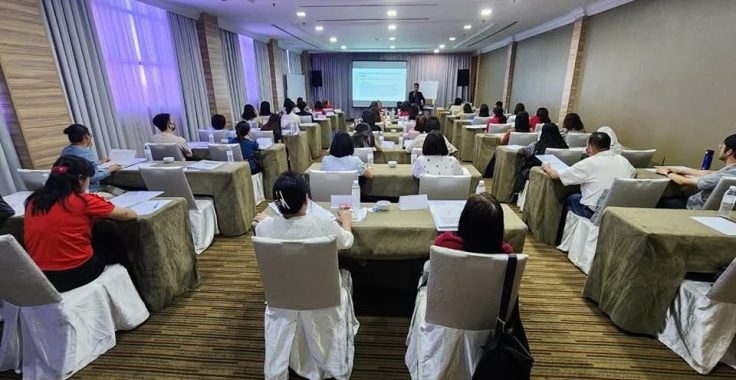
This one-day training course offers an understanding of the ISO 9001:2015 standard requirements and the new approach in performing effective work in accordance with ISO 9001 standardize procedure of working.
The trainer shall specifically explain the clauses of ISO 9001:2015 in detail regarding the new changes, which is required for creating and maintaining a quality management system based on ISO 9001:2015 and how it brings benefits to the employers and employees.
Participants whether new or experienced will gain knowledge through a balance of classroom training, group workshops, case studies and open forum discussions. This is currently one of the most dynamic courses available due to its values and benefits of streamlining work roles in standardize procedures and thus avoiding errors and mistakes being committed due to incompetence, negligence, ignorance, or poor work attitude.
The trainer Mr Raymond shall include some motivations elements to those employees to assist in
supporting and maintaining this new version throughout its implementation duration.
Brochure
— Course Fee: RM 790.00 (Inclusive of 8% Service Tax) —
9am – 12.30pm
Module 1 – Introduction to ISO 9001:2015 QMS.
Introduction to the new ten clauses of the ISO 9001:2015 high structures.
Impacts to Organization and Employees from the new changes.
Integrating PDCA in QMS process approach.
Familiarize with the four levels of documentation and how it functions for each
Department.
1.30pm – 5.00pm
Module 2 – Roles . Functions & Responsibilities in supporting the latest QMS
Management’s supporting responsibilities
Employees’ roles, functions and responsibilities in maintaining the QMS
Guidance to Policy Objectives achievement.
Requirements in Actions to address Risks and Opportunities for every department.
Updating and archiving of obsolete documents procedure.
How to deal with controlled and uncontrolled copies?
Functions of Document Change Request (DCR) and its procedure.
Motivation in guiding participants on:
• strategy in adapting to change,
• supporting roles in maintaining an effective QMS continuation,
• understanding the 7 Management Principles
Workshop activities